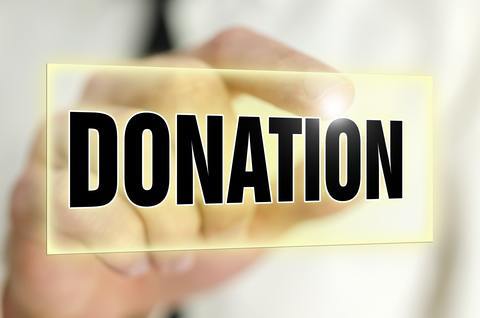Documenting Donor Gifts
Published:December is typically a big fundraising month for organizations. Charitable donations are a great way for taxpayers to find that last minute tax deduction. However, if a nonprofit is not complying with the IRS requirements for acknowledging charitable contributions from its donors, it may find the IRS disallowing those donors’ deductions. This article looks at two U.S. Tax Court rulings that amplify this point. In one, a couple’s deduction was disallowed because they hadn’t received a timely notification that they hadn’t received any goods or services in exchange for their contributions. In the other, an experienced real property appraiser was unable to deduct a property donation because he’d appraised the gift himself, instead of getting an independent appraisal. The article goes on to review the IRS “substantiation rules.”
Improper receipt, bad timing
In Durden v. Commissioner, a church had received $25,171 in contributions from a married couple. The taxpayers had canceled checks documenting these 2007 donations, and the church sent them a written acknowledgment of receipt. But whether or not the taxpayers had received any goods or services in exchange for their contributions wasn’t mentioned in the acknowledgment. The IRS requires such a statement, so it disallowed the taxpayers’ deduction.
The taxpayers then obtained a second receipt from their church, stating that they hadn’t received any goods or services in exchange for their donations. The second receipt was dated June 21, 2009, and the IRS rejected it for failing to meet the “contemporaneous” requirement.
The taxpayers appealed the IRS decision. Concluding that the couple had “failed strictly or substantially to comply with the clear substantiation requirements of Section 170(f)(8),” the Tax Court upheld the IRS’s disallowance of the deduction.
No qualified appraisal
In Mohammed, Sr. v. Commissioner, the taxpayer had donated real property he valued at more than $15 million. The IRS — and ultimately the Tax Court — disallowed the deduction because the taxpayer had failed to obtain a qualified appraisal. An experienced real property appraiser, the taxpayer had prepared the appraisal himself, even though he was the donor of the property.
The Tax Court found that the resulting appraisal could not be considered qualified due to the taxpayer’s personal involvement in the transaction. In its opinion, the court stated, “We recognize that this result is harsh. . . . But the problems of misvalued property are so great that Congress was quite specific about what the charitably inclined have to do to defend their deductions, and we cannot in a single sympathetic case undermine those rules.”
The substantiation rules — a review
In order for a charitable contribution to be eligible for a deduction on a donor’s income tax return, the donor must follow what are known as the IRS “substantiation rules.” These requirements vary with the nature and amount of the donation, but they clearly state that, if a taxpayer fails to meet the substantiation and recordkeeping requirements, no deduction will be allowed.
For cash gifts of under $250, a canceled check or credit card receipt is generally sufficient substantiation. If, however, any goods or services were provided in exchange for a cash gift of $75 or more, the charity must provide a contemporaneous written acknowledgment including a description and good-faith estimate of their value.
For cash gifts of $250 or more, as well as noncash gifts, the rules generally also require a contemporaneous written acknowledgment from the charity, which must include:
- The donor’s name,
- The amount of cash or a description of the property contributed (separately itemized if one receipt is used to acknowledge two or more contributions),
- A statement explaining whether or not the charity provided any goods or services in consideration, in whole or in part, for the gift, and
- If goods or services were provided, a description and good-faith estimate of their value.
If the only benefit the donor received was an “intangible religious benefit,” this must be stated. If the nonprofit provides goods or services of “insubstantial value” (such as address labels or other small incentives in a fundraising campaign), these needn’t be taken into account.
The requirements for noncash donations, depending on the size, also may include undergoing a qualified appraisal (using a qualified appraiser) before completing Form 8283 and attaching the appraisal. Before you accept such donations, it may be wise to confirm with donors that they know about the requirements and have obtained an appraisal if necessary.
Certain types of deductions, such as expenses for volunteer services and donations made through payroll deduction plans, have different substantiation requirements.
Protecting donors
If it’s been awhile since you reviewed your procedures connected to the IRS substantiation requirements, take time to do it now.
If you would like additional information or to discuss the topics mentioned, please contact Amanda Meko, CPA at 317-260-4436 or ameko@greenwaltcpas.com.
